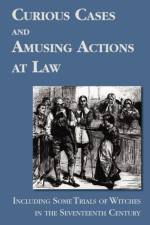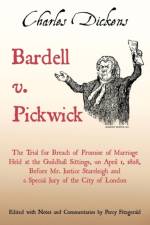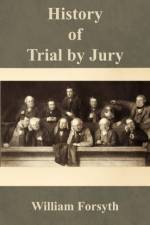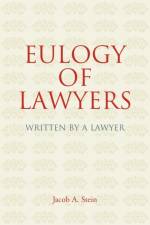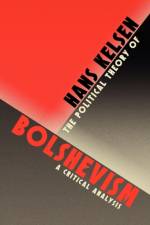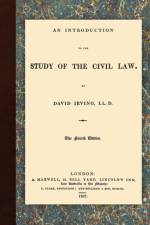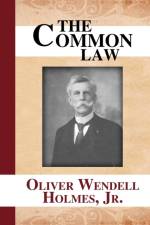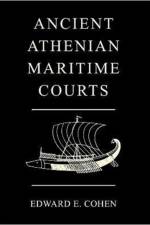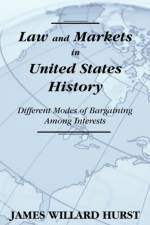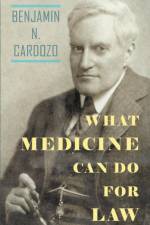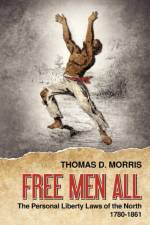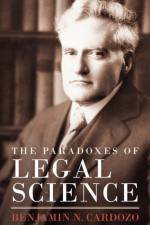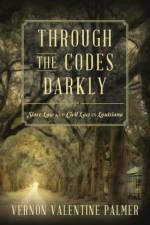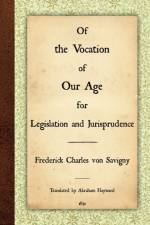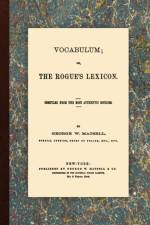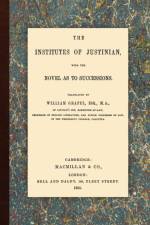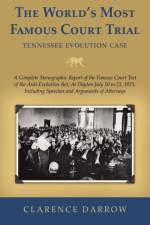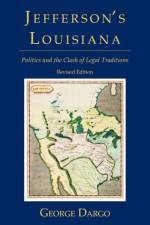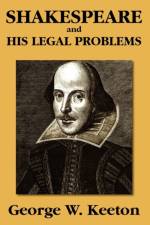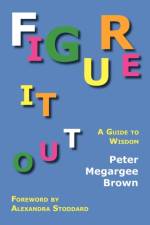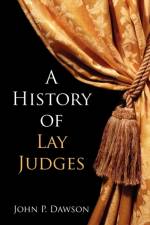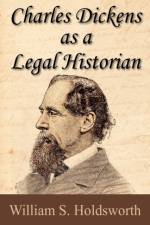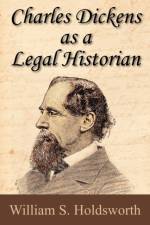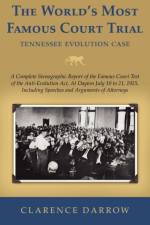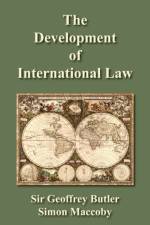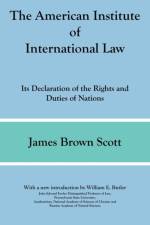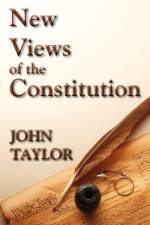- Written by a Lawyer.
av Jacob A Stein
373
In 1936 Piero Calamandrei, an Italian lawyer and law professor,published Elogio dei Giudici Scritto da un Avvocato, a wry collectionof maxims, anecdotes and observations on the nature of the legalprocess. Translated in 1946 as Eulogy of Judges, Written by a Lawyer,it gradually acquired a reputation among sophisticated legal circlesas the best lawyer's book ever written. Written by a self-describedmember of the "Piero Calamandrei Freemasonry Society," Eulogy ofLawyers revives the spirit of its great predecessor while shifting thefocus to the other side of the bench.Preface by Bryan A. Garner, President, Law Prose, Inc.; Distinguished Research Professor of Law, Southern Methodist University, Dallas, Texas; Editor, current editions of Black's Law Dictionary."Stein is a rare breed: a superb, noted advocate - one of the finestof his day - who is also a literary essayist. I can think of only twocomparable predecessors: Lord Brougham and Clarence Darrow." --Bryan A.Garner, Preface, xii-xiii.Jacob A. Stein has, for over 60 years, conducted a trial practice. Hehas been an adjunct professor at American University Law School,George Washington University Law School, and Georgetown University LawSchool where he has taught for the last 21 years. He has beenpresident of the District of Columbia Bar. He has served on variousjudicial committees connected with the Federal Judiciary. He wasappointed in 1985 to serve as the United States Independent Counsel toinquire as to the suitability of the President's choice as AttorneyGeneral of the United States. His articles have appeared in The American Scholar, Times Literary Supplement, The Washington Post, TheWilson Quarterly, the Washington Lawyer, the Green Bag, Litigation,and other publications. His books include Legal Spectator & More(2003), The Law of Law Firms (1994), Closing Argument: The Art and theLaw (1969) and other titles.

